QPR in the Community Trust: Embracing the identity of a community club
By James Hobson
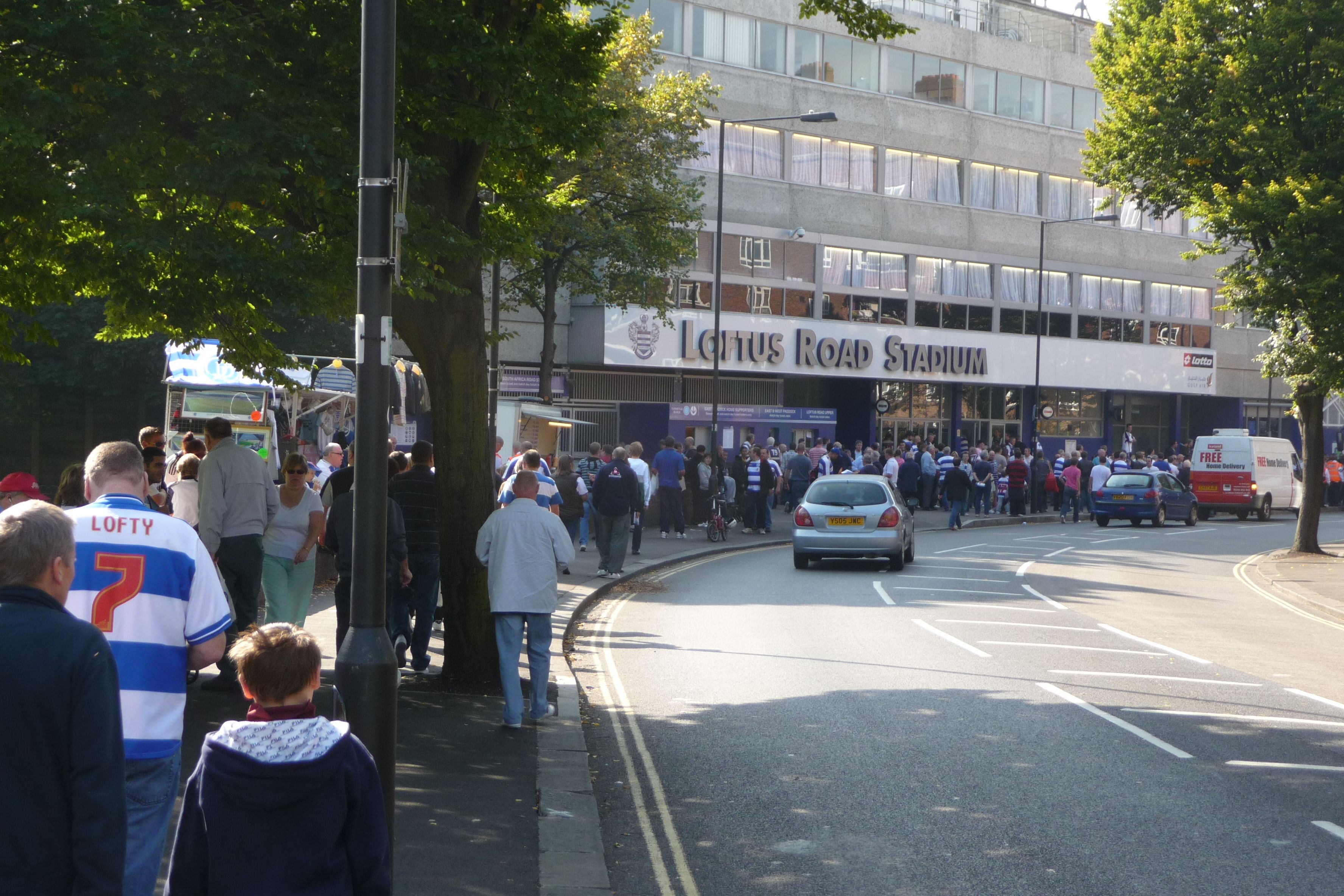
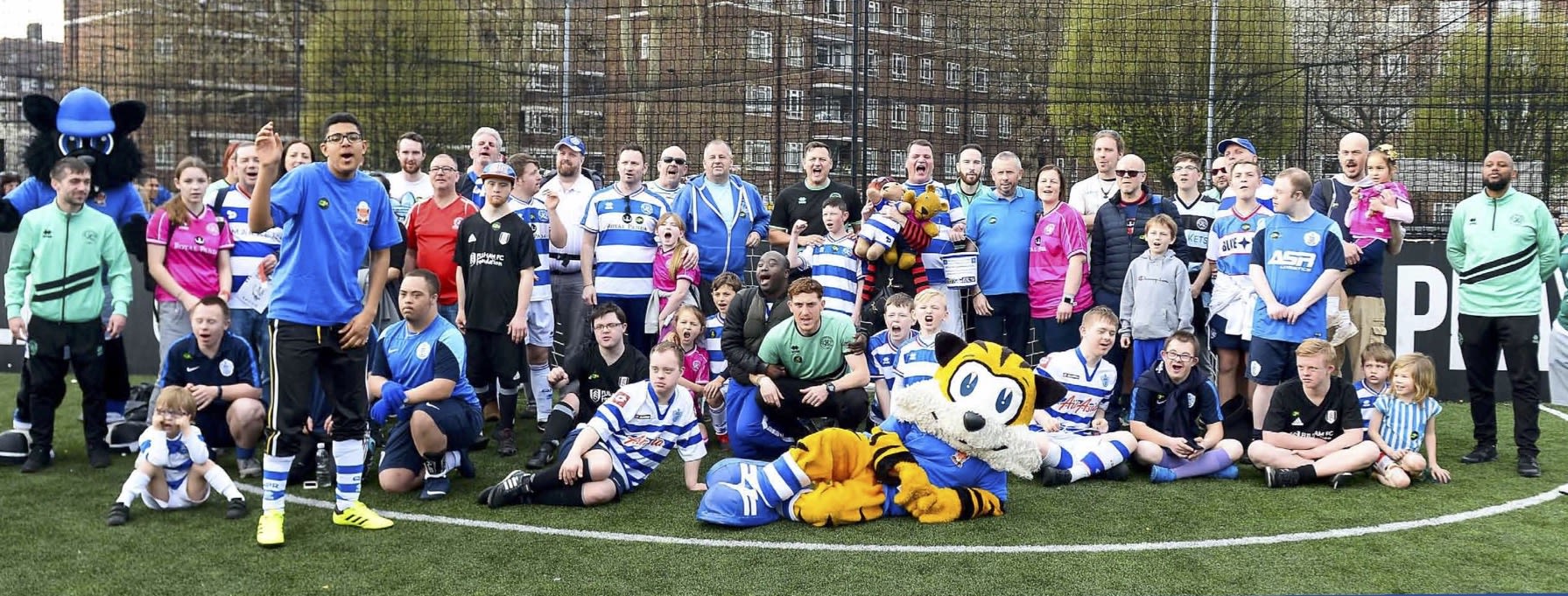
The development of QPR in the Community Trust, Queen’s Park Rangers’ official charity, in recent years shows a club firmly on its way back to embracing its community values.
Situated in one of the more disadvantaged parts of south west London, the club has been involved in charity work in the area since the mid-1990s.
However, in the early 2010s, this work was often overshadowed by a period of high spending as the Hoops experienced a chaotic time in and out of the Premier League.
With more than £100m spent on transfers over four years, the club faced criticism for trying to buy success and for straying from its roots as a community club.
In an interview with The Evening Standard, Les Ferdinand, tasked with changing QPR’s approach on becoming director of football in 2015, described this period as the ‘Wild West’ and not reflecting the club he once knew and played for.
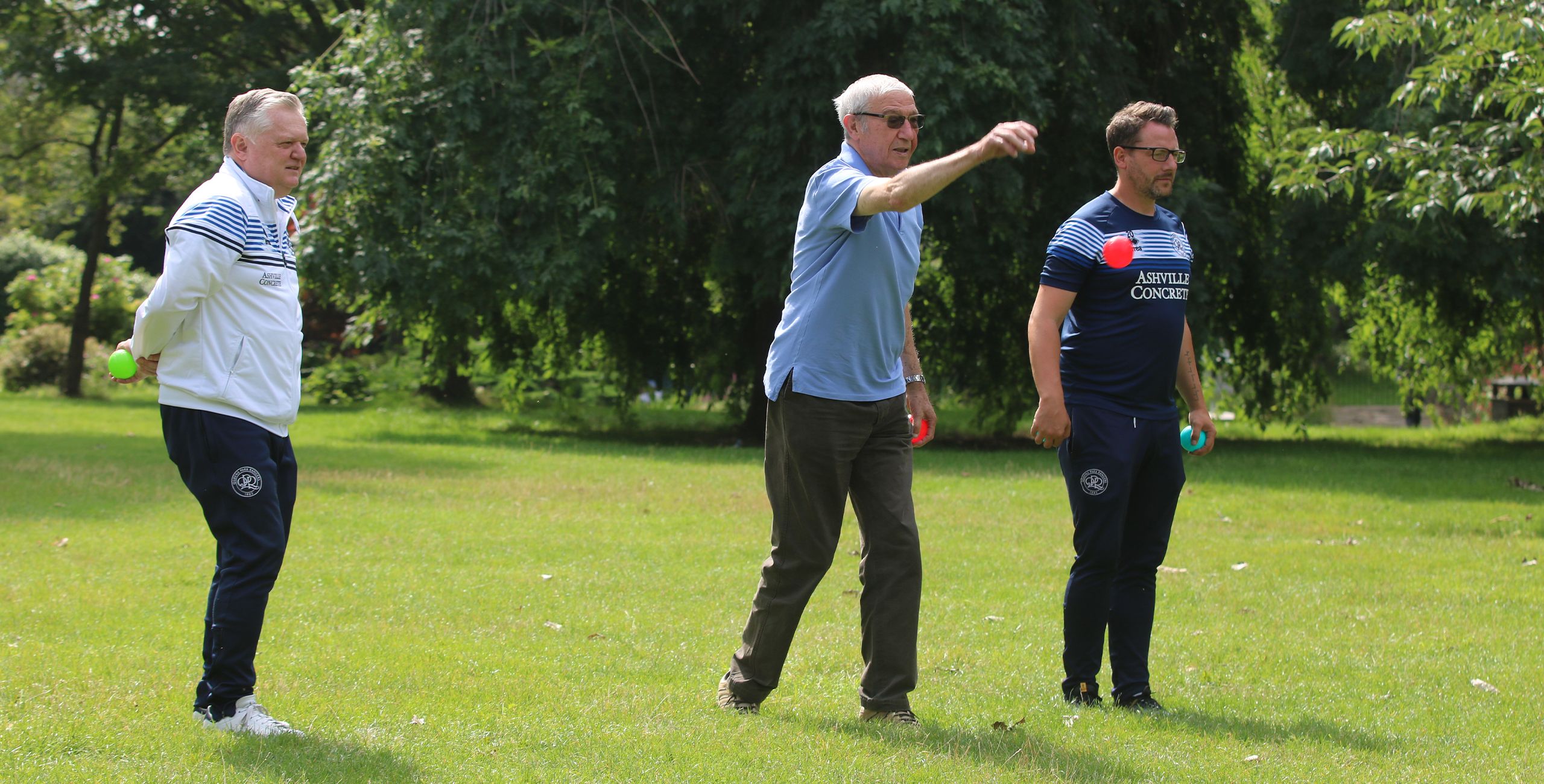
In recent years, an expansion of community programmes, alongside a concerted effort to celebrate and showcase QPR’s charity work, demonstrates a desire to again position community as central to the fabric of the club.
Andy Evans, chief executive of QPR in the Community Trust, said: “We’re a club that historically has had extremely strong links to the community.
“We are physically embedded in the local community - we are literally part of the White City Estate and the surrounding area. Emotionally as well I think we've been a club that has taken its position in the community seriously.
“I think we just revisited those values of being a club that cares, of being a community club, and positioning community as being something that Queens Park Rangers does.
“Community work and efforts have been going on since the mid-90s but we are certainly showcasing it more. I think there was probably a period where a lot of the work just went under the radar.”
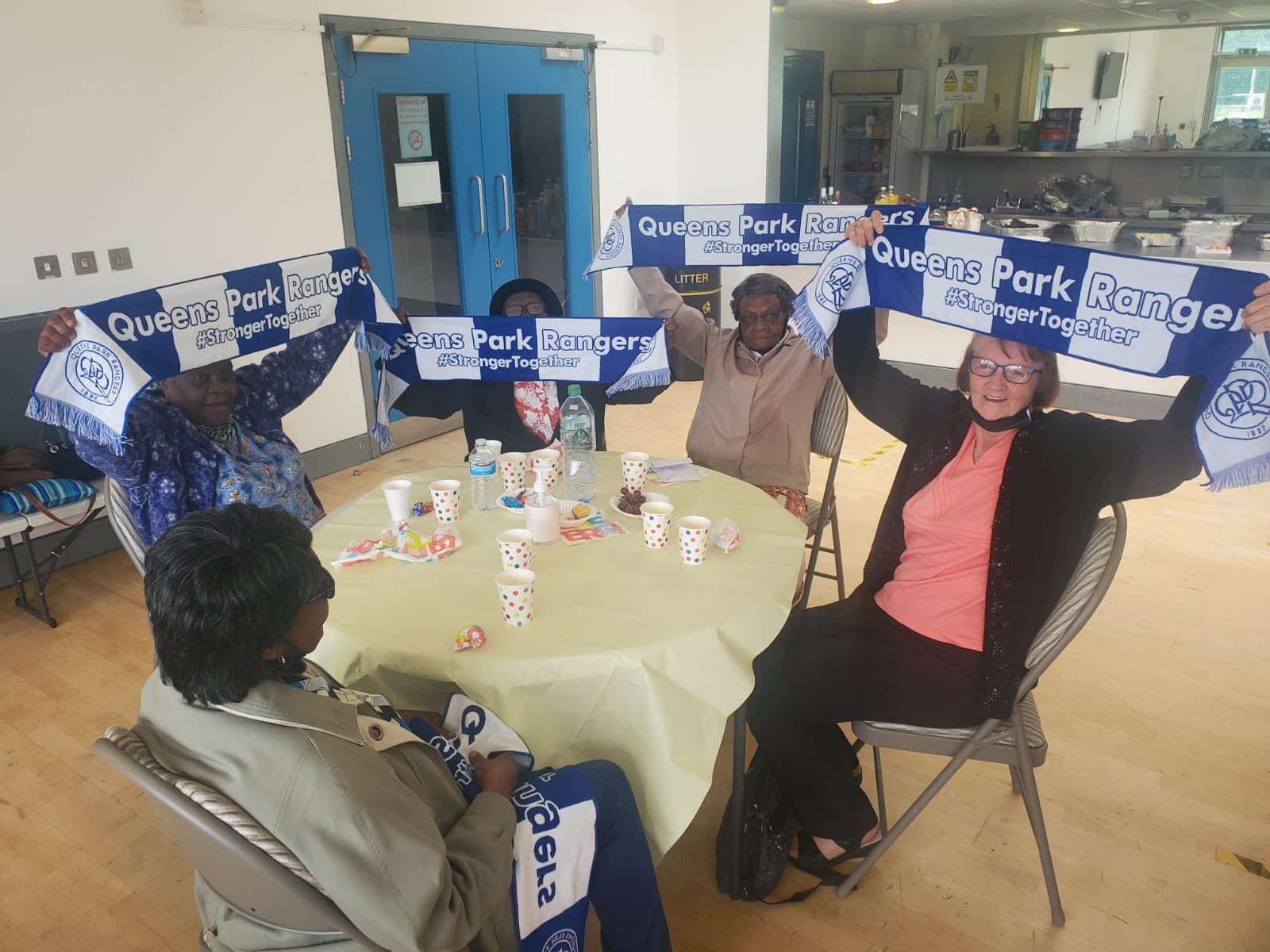
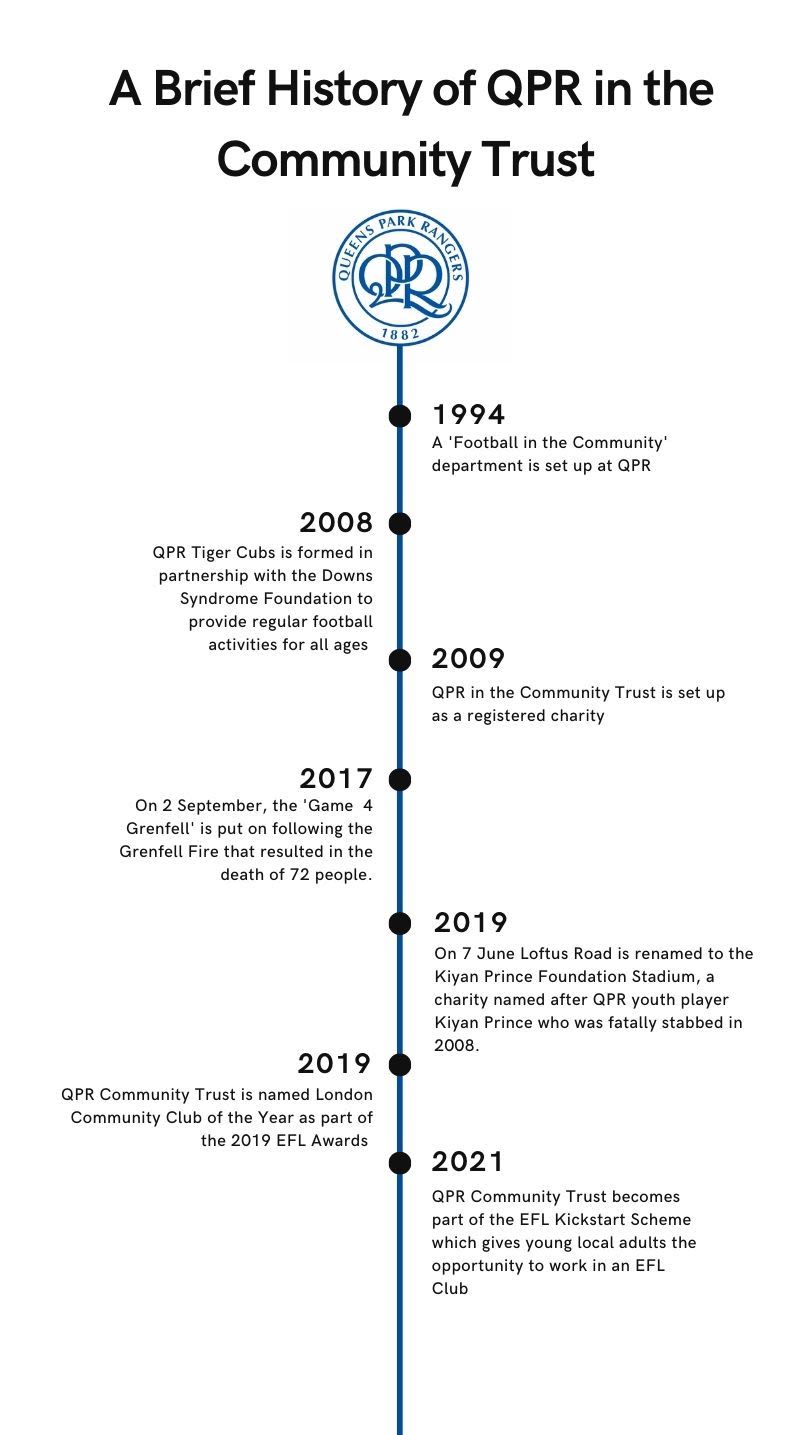
QPR has received greater attention for its community work in the last five years.
After the Grenfell Fire tragedy in which 72 people lost their lives, QPR hosted a celebrity charity match, the Game 4 Grenfell, to raise funds for survivors. QPR’s stadium, Loftus Road lies in the shadow of Grenfell Tower.
At the London Football Awards 2018 the Game 4 Grenfell won Community Project of the Year.
In 2019, following a fan vote, the club renamed Loftus Road the Kiyan Prince Foundation Stadium in honour of ex-QPR youth player Kiyan Prince who was fatally stabbed in 2008. The Foundation is a charity that works to tackle knife crime and other forms of youth violence in London.
QPR was also named as London Checkatrade Community Club of the Year at the 2019 EFL Awards, with reference to the club’s support for Grenfell survivors and role in dealing with issues such as homelessness, crime and education.
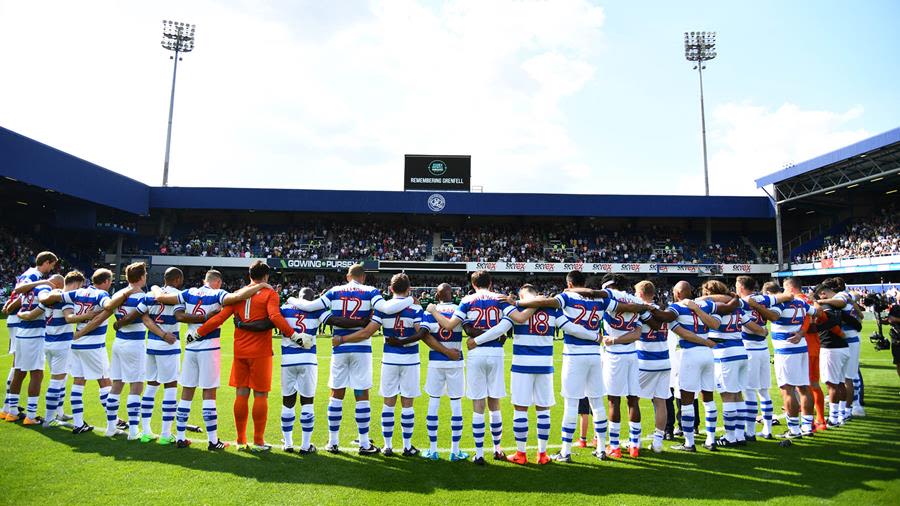
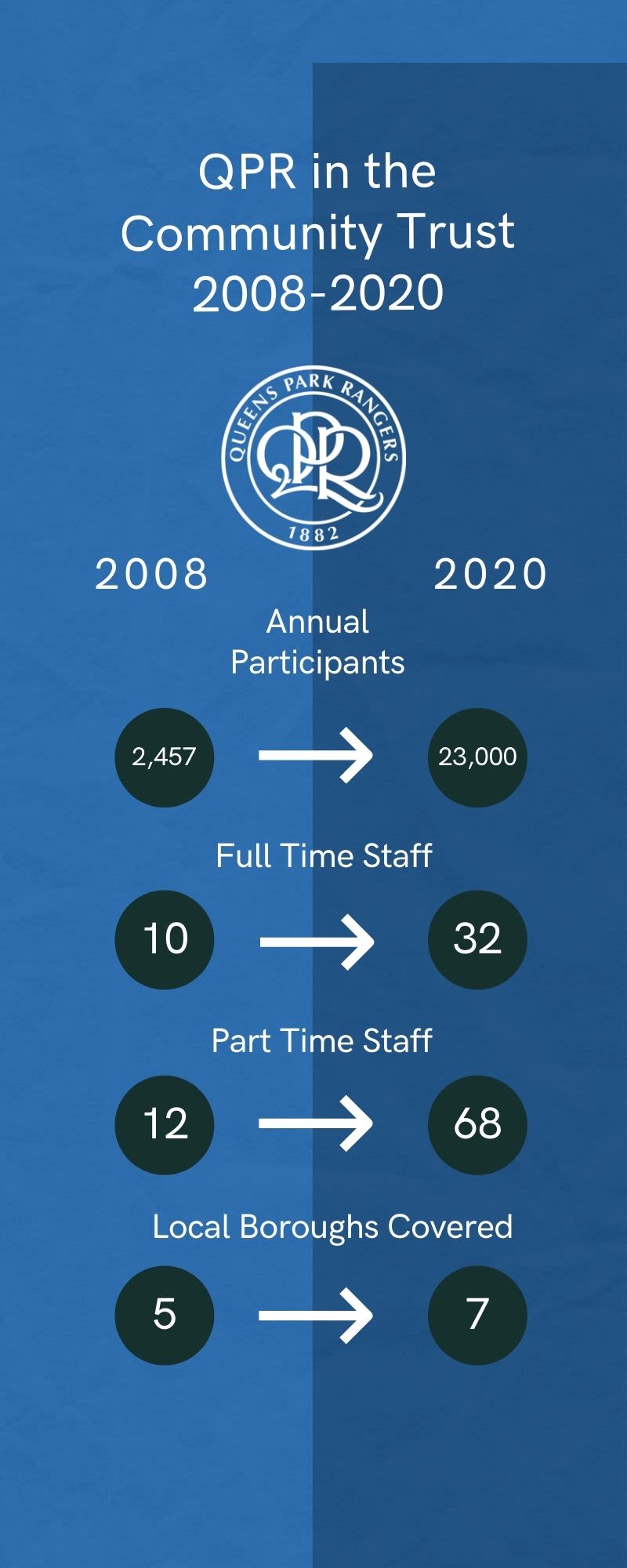
QPR in the Community Trust has also significantly expanded its community programmes.
Evans noted, in keeping with its ‘Football in the Community’ name when first set up in 1994, the charity initially centred on offering football sessions.
However, the trust now delivers over 50 wider programmes, from health to education to social inclusion.
For example, the Extra Time Club, set up in 2009, is a social and physical activity club for local residents aged over 60. In contrast, the Youth & Communities Department targets disengaged young people in West London.
QPR in the Community Trust has also developed a COVID-19 response. This includes the ‘R You Ok’ campaign, which seeks to combat mental health issues in the local area.
The charity’s progression can be seen through the strong growth of annual participants in community projects from 2,457 in 2008 to 23,000 in 2020. The number of full and part-time staff has significantly increased from 22 to 100 over the same period.
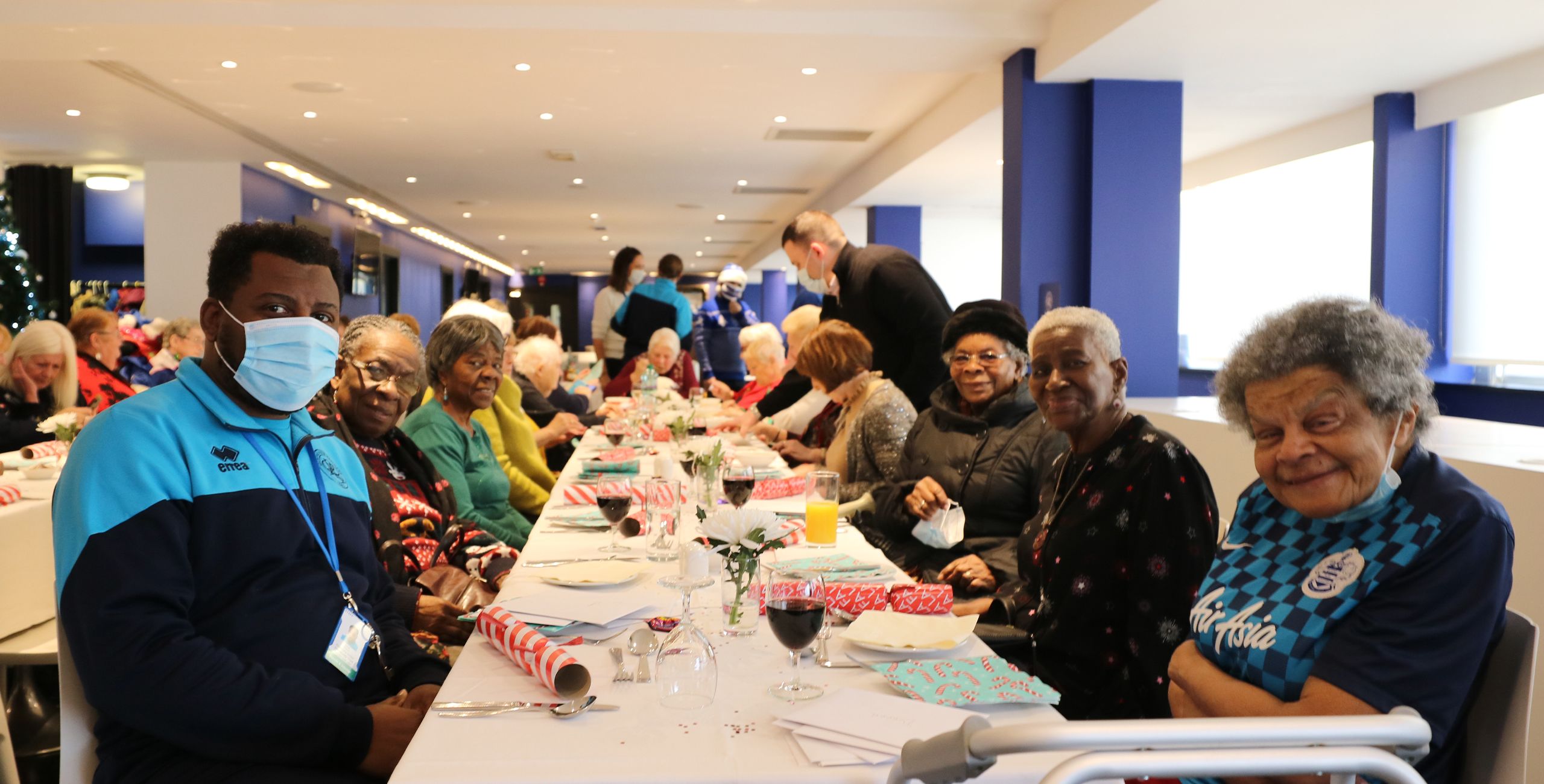
Christmas at QPR's Extra Time Club.
Christmas at QPR's Extra Time Club.
Another example of a prominent programme organised by QPR in the Community Trust is the QPR Tiger Cubs. Formed in 2008 in partnership with the Down’s Syndrome Association, weekly football activities have been held for children and young people with Down’s Syndrome.
In addition, since the Tiger Cubs' formation, 11 sponsored walks have also been arranged, including a Walk From Home in Spring 2020 that raised over £15,000.
Evans said that support from those high up in the club has been instrumental in carrying out and maintaining QPR’s reputation as a ‘Club that Cares’.
Ruben Gnanalingam, club owner, is chair of QPR in the Community Trust while Lee Hoos, chief executive, and Andy Sinton, club ambassador, are both trustees.
First team players are heavily involved. In 2019, six QPR players, Dominic Ball, Geoff Cameron, Ilias Chair, Joe Lumley, Conor Masterson and Angel Rangel all became official ambassadors for the trust.
Moreover, the wives and partners of the QPR first team were set to host a Christmas FamZone on 18 December to raise funds for QPR’s Tiger Cubs and the NHS Community Children Nursing Team.
This was delayed due to the pandemic but still raised £20,000, with a new date for the FamZone to be announced soon.
Image credits: QPR in the Community Trust.
👏 £𝟮𝟬,𝟬𝟬𝟬 👏
— QPR in the Community (@QPRtrust) December 29, 2021
💙 Thank you for all of your amazing support in raising an incredible amount for our beloved 𝗧𝗶𝗴𝗲𝗿 𝗖𝘂𝗯𝘀!
We cant wait to welcome you all at the rearranged FamZone once the new date is announced.#QPR | #QPRFamZone https://t.co/OtVjbyPUqU
